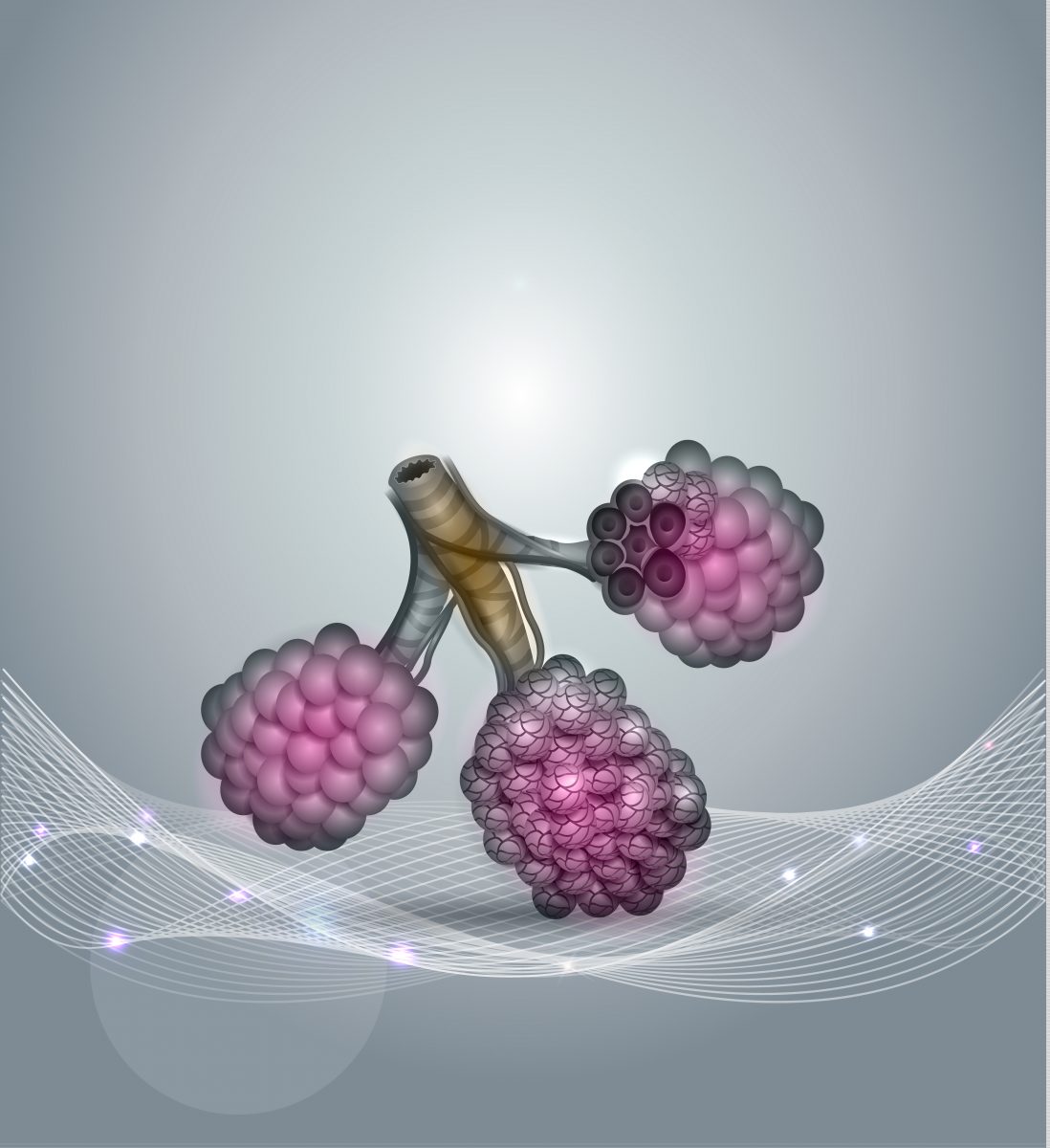Researchers Find High Levels of Anti-Inflammatory CC16 Protein in IPF Patients

Researchers found high levels of the anti-inflammatory protein CC16 in the blood of idiopathic pulmonary fibrosis (IPF) patients, suggesting it plays a role in the disease.
The research showed 50 percent higher levels of the protein in IPF patients than in non-IPF patients with other conditions, and three times the level of CC16 in IPF than in healthy controls. Although there was a connection between CC16 and IPF, it may not be strong enough for the protein to be considered a definitive marker of the disease, however.
The study, “Increased Expression of CC16 in Patients with Idiopathic Pulmonary Fibrosis,” was published in the open-access journal PLOS One.
While the cause of IPF is unknown, studies indicate that alveolar epithelial cells, which line the alveoli of the lungs, play a role in triggering and sustaining IPF. The cells secrete substances such as growth factors and cytokines that promote fibrosis.
Researchers have now investigated the role that other cells in the lungs’ alveoli play in IPF. They looked in particular at those secreting the anti-inflammatory protein 16 (CC16).
In other lung disorders, such as chronic obstructive pulmonary disease (COPD), CC16 levels are low. Levels in IPF remain largely unknown.
The research team checked levels of CC16 in blood and bronchoalveolar lavage (BAL) samples from IPF patients and non-IPF patients with other conditions. They wanted to know if CC16 levels could be used as a marker to distinguish IPF from non-IPF lung diseases.
They took blood from 85 IPF patients and 170 non-IPF patients. The non-IPF group consisted of 85 patients with chronic hypersensitivity pneumonitis, representing non-IPF lung diseases, and 85 with connective-tissue diseases.
In addition to higher levels of CC16 in their blood, IPF patients had higher levels in their BAL fluids and alveolar epithelial cells.
The research indicated that CC16 is not a definitive marker for IPF, however. The team found a relatively low sensitivity reading of 24% for the protein, indicating that, by itself, it is not sensitive enough to distinguish between IPF patients and non-IPF patients.






